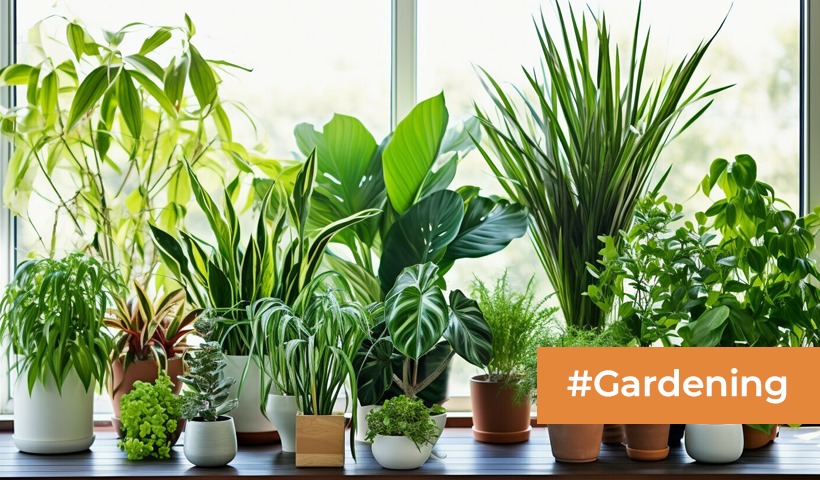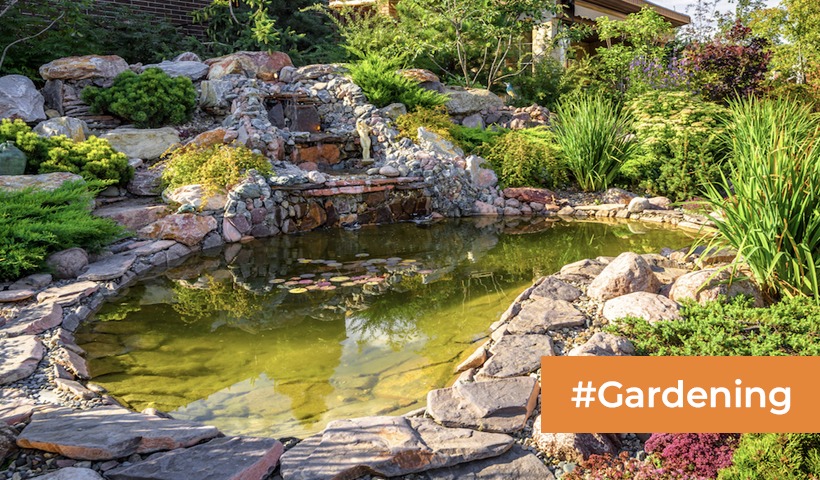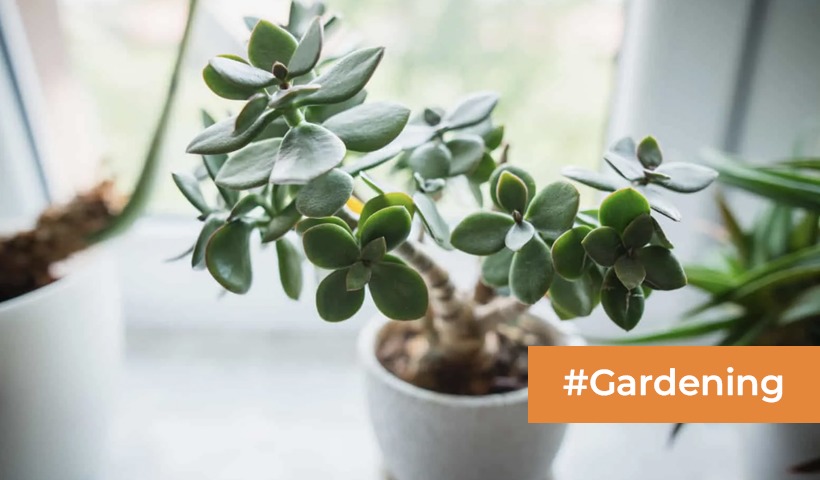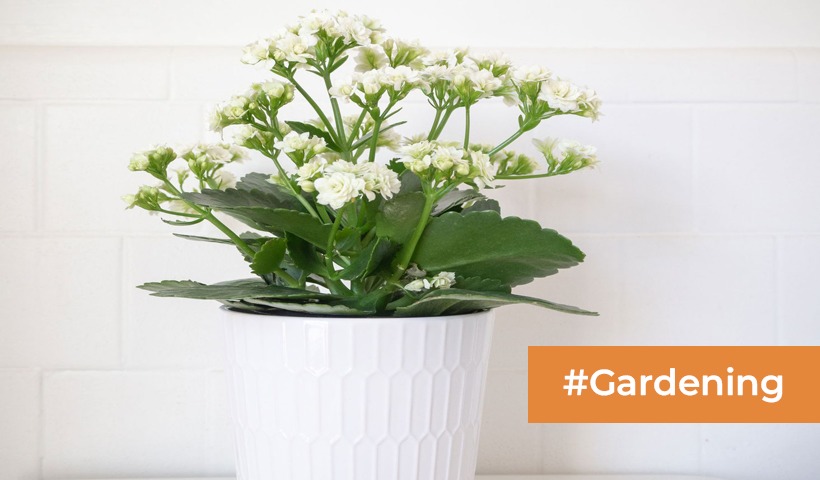Top 10 Best Mosquito Repellent Plants for Home: Natural Remedies
Mosquitoes are not only annoying pests but also carriers of diseases like malaria, dengue, and Zika virus. Using chemical-based repellents may pose health risks. Fortunately, nature provides us with an array of plants that repel mosquitoes naturally.
Citronella
Citronella is one of the most well-known mosquito-repellent plants. Its strong scent masks other attractants to mosquitoes, making it difficult for them to locate their prey. Plant citronella in pots and place them around your outdoor living spaces to keep mosquitoes at bay.
Lavender
Lavender not only smells heavenly but also repels mosquitoes effectively. Its fragrant flowers contain natural oils that mosquitoes find repulsive. Plant lavender in sunny areas near windows or doorways to deter mosquitoes from entering your home.
Marigold
Marigolds contain pyrethrum, a natural insect repellent used in many commercial mosquito repellents. Plant marigolds in your garden or near entry points to your home to create a barrier against mosquitoes.
Basil
Basil is not only a versatile herb in the kitchen but also a potent mosquito repellent. Its strong aroma repels mosquitoes and other pests. Plant basil in pots and place them on your patio or windowsills to keep mosquitoes away.
Lemon Balm
Lemon balm, with its citrusy scent, is another excellent mosquito repellent plant. Crush its leaves and rub them on your skin to ward off mosquitoes effectively. Plant lemon balm in your garden or in pots near outdoor seating areas for maximum protection.
Peppermint
Peppermint’s strong scent masks the smell of humans, making it difficult for mosquitoes to find their targets. Plant peppermint in pots and place them around your home to repel mosquitoes naturally.
Rosemary
Rosemary is not only a flavorful herb for cooking but also a powerful mosquito repellent. Its woody scent repels mosquitoes and adds a pleasant aroma to your outdoor spaces. Plant rosemary in pots or in your garden to keep mosquitoes at bay.
Catnip
Catnip contains a compound called nepetalactone, which is more effective at repelling mosquitoes than DEET, the active ingredient in many commercial repellents. Plant catnip in your garden or in pots around your home to deter mosquitoes naturally.
Geranium
Geraniums contain geraniol, a natural compound that repels mosquitoes. Plant geraniums in pots and place them near windows or doorways to prevent mosquitoes from entering your home.
Conclusion
By incorporating these top 10 mosquito repellent plants into your home and garden, you can effectively keep mosquitoes at bay without resorting to harmful chemicals. Enjoy your outdoor spaces mosquito-free and reduce the risk of mosquito-borne diseases.
FAQs
1. Are mosquito repellent plants effective?
Yes, many mosquito repellent plants contain natural compounds that effectively repel mosquitoes.
2. Can I plant these repellent plants indoors?
Yes, you can plant most of these repellent plants in pots and place them indoors near windows or entry points to keep mosquitoes away.
3. Do I need to apply anything to these plants for them to work as repellents?
No, most mosquito repellent plants release their natural fragrances without the need for any additional application.
4. Are these plants safe for pets?
While some plants like catnip are safe for pets, others like citronella may be toxic to cats if ingested in large quantities. It’s essential to research each plant’s safety before introducing them to your home.
5. How often do I need to replace these plants?
Mosquito repellent plants are generally low-maintenance and can last for several months or even years with proper care. Replace them when they start to wilt or lose their effectiveness.
Disclaimer: The views expressed above are for informational purposes only based on industry reports and related news stories. PropertyPistol does not guarantee the accuracy, completeness, or reliability of the information and shall not be held responsible for any action taken based on the published information.




